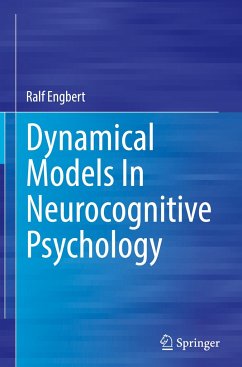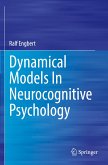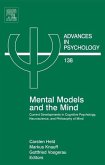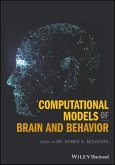The development of cognitive models is a key step in the challenging research program to advance our understanding of human cognition and behavior. Dynamical models represent a general and flexible approach to cognitive modeling. This introduction focuses on applications of stochastic processes and dynamical systems to model cognition. The dynamical approach is particularly useful to emphasize the strong link between experimental research (and its paradigms), data analysis, and mathematical models including their computer implementation for numerical simulation. Most of specific examples are from the domain of eye movement research, with concepts being applicable to a broad range of problems in cognitive modeling. The textbook aims at the graduate and/or advanced undergraduate level for students in Cognitive Science and related disciplines such as Psychology and Computer Science.
Joint introduction of the theory of cognitive processes and mathematical models, their underlying mathematical concepts, numerical simulation, and analysis;The focus on eye movements provide a theoretically coherent, but very general application area;Computer code in R Programming Language for Statistical Computing is available for all examples, figures, and solutions to exercises.
Joint introduction of the theory of cognitive processes and mathematical models, their underlying mathematical concepts, numerical simulation, and analysis;The focus on eye movements provide a theoretically coherent, but very general application area;Computer code in R Programming Language for Statistical Computing is available for all examples, figures, and solutions to exercises.








